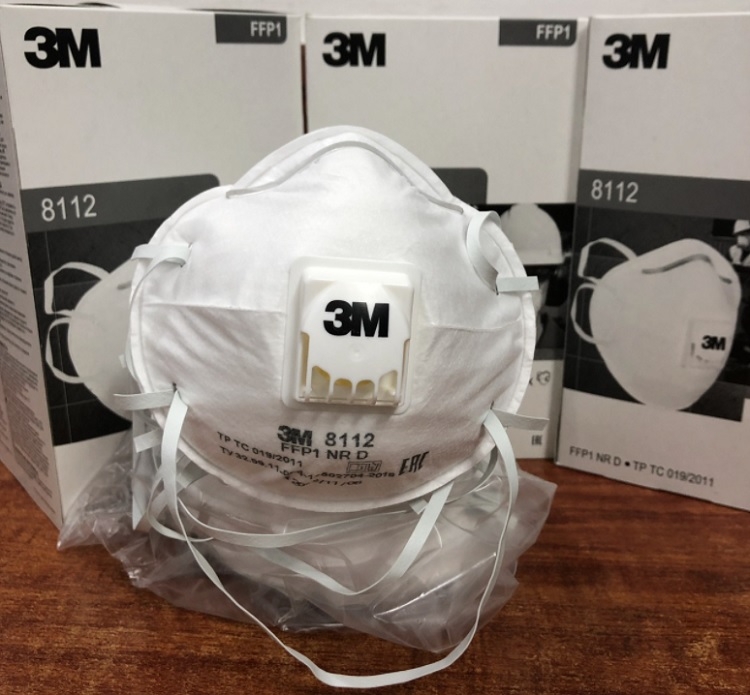Close-knit teamwork required to ensure PPE supply
 |
| Close-knit teamwork required to ensure PPE supply, Illustration photo |
According to Jacky Kang, country leader of worker safety multinational 3M Vietnam, the current outbreak has put the healthcare system under an enormous amount of pressure, and the demand for personal protective equipment (PPE) and medical devices has increased dramatically in response.
The PPE industry is experiencing an unprecedented surge in the demand for N95, FFP2, and KN95 respirators, while some healthcare facilities have increased consumption of PPE by up to 40 times from pre-pandemic levels. Even with 3M’s increased production, combined with other manufacturers, the demand for N95 and other respirators continues to exceed the supply.
“We are working closely with the government, customers, and relevant stakeholders to prioritise and redirect supplies to serve the most critical needs,” Kang said. “The social distancing directives have caused logistical challenges. However, we understand implementation is crucial to prevent a worse situation in Vietnam, especially in the southern provinces.”
Moreover, 3M has to combat the growing counterfeit, fraud, and price gouging to help protect the public against those who try to exploit the demand during the pandemic. 3M is working with law enforcement, tech companies, and online resellers to help prevent fraud before it starts, and stop it wherever it is occurring.
Nguyen Anh Tuan, general director of AP International Company, told VIR that his firm is in collaboration with Vietnam Medical Plastics JSC to produce bodysuits to safeguard frontline healthcare workers. The demand for PPE has been skyrocketing as more field hospitals have sprung up in the virus-hit localities like Ho Chi Minh City, and Binh Duong, Dong Nai, and Long An provinces.
“We make sure our supply of PPE can get to hospitals and clinics that need them,” he said. “Our bodysuits were tested in Europe in line with international standards before being rolled out in the market in April last year. At present, there are different types of bodysuits with lower standards that are ineligible to protect frontline healthcare workers. Thus, we encourage customers to buy PPE from authorised suppliers to protect our heroes,” he added.
Several producers are manufacturing PPE and medical equipment in Vietnam to satisfy the local demand. Last December, Fujifilm Corporation filed an application with the Pharmaceuticals and Medical Devices Agency to obtain manufacturing and marketing approval for a rapid antigen test kit for detecting SARS-CoV-2.
In a bid to establish a production structure for this test kit, Fujifilm is making a capital investment in Fujifilm Yuwa Medical Products Vietnam in the southern province of Binh Duong, which makes Fujifilm’s diagnostics products. The investment has been chosen for the third round of a business support programme by the Japan External Trade Organization for diversifying overseas supply chains. With these advantages, antigen tests are now globally used not only at hospitals but also at airports, event venues, and other premises as economic activities begin to resume. This has created the need for ensuring stable supply of kits. Fujifilm selected Vietnam to gradually reinforce its production facilities and maintain supply stability for the items.
“Investments in the field are happening and will likely continue as the demand for PPE and medical equipment is still robust. Until the situation is not controlled worldwide, there is still the risk for new variants to arise and, therefore, I am not confident to consider the case closed until a vast portion of the population is vaccinated,” said Filippo Bortoletti, senior manager of International Business Advisory at consultancy firm Dezan Shira & Associates.
“It is likely that PPE demand will be stable for 2022 as well. Yet, even when the pandemic is over, the demand for PPE will likely drop, but will not plummet. This is because governments and consumers are becoming more sensitive towards health and prevention issues,” he added. “Vaccinations are still in progress in the Western economies, while other countries – Vietnam included – are late movers and therefore wearing face masks, using hand sanitisers, and adopting other preemptive measures to mitigate the risk will remain necessary.”
What the stars mean:
★ Poor ★ ★ Promising ★★★ Good ★★★★ Very good ★★★★★ Exceptional
Themes: Together We Win
- Greater Mekong Subregion executives to discuss sustainable tourism
- TCPVN donates 1,200 medicine bags to COVID-19 patients in southwest
- AB InBev supports orphans with scholarships amid COVID-19
- Evaluating the reach of support in turbulent times
- Gamuda Land grants “Back to School” scholarships to support disadvantaged students
Related Contents
Latest News
More News
- Hermes joins Long Thanh cargo terminal development (February 04, 2026 | 15:59)
- SCG enhances production and distribution in Vietnam (February 04, 2026 | 08:00)
- UNIVACCO strengthens Asia expansion with Vietnam facility (February 03, 2026 | 08:00)
- Cai Mep Ha Port project wins approval with $1.95bn investment (February 02, 2026 | 16:17)
- Repositioning Vietnam in Asia’s manufacturing race (February 02, 2026 | 16:00)
- Manufacturing growth remains solid in early 2026 (February 02, 2026 | 15:28)
- Navigating venture capital trends across the continent (February 02, 2026 | 14:00)
- Motivations to achieve high growth (February 02, 2026 | 11:00)
- Capacity and regulations among British areas of expertise in IFCs (February 02, 2026 | 09:09)
- Transition underway in German investment across Vietnam (February 02, 2026 | 08:00)

 Tag:
Tag:




















 Mobile Version
Mobile Version